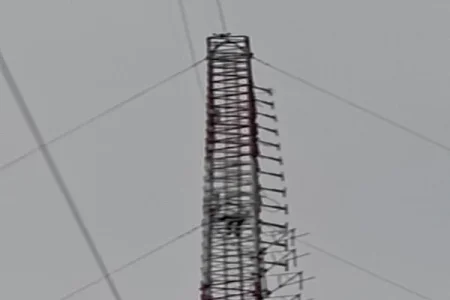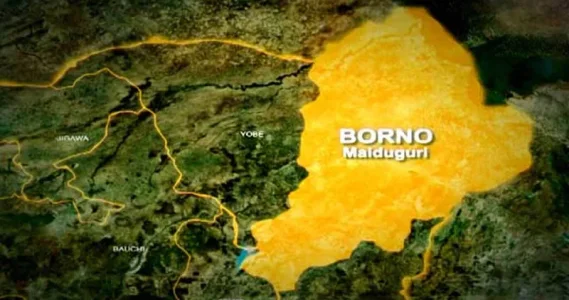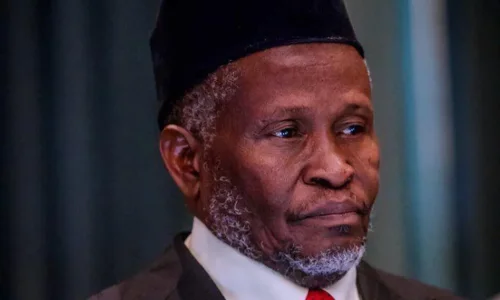
Shaibu Alhaji Yusuf climbed a 120-meter broadcast mast in Abuja, demanding fuel subsidy restoration and urgent reforms. This is the fourth public protest this month. Emergency responders and police persuaded Yusuf to come down, highlighting Nigeria's growing socio-economic desperation and the urgent need for governmental action
A man's desperate attempt to draw attention to Nigeria's economic hardships has sparked a mix of sympathy, dark humor, and political commentary on social media. Shaibu Alhaji Yusuf, reportedly from Borno state, climbed a 120-meter broadcast mast at the Abuja Broadcasting Service, citing hunger and insecurity as his motivations.
The incident, which occurred at a location dubbed the geographic center of Nigeria, quickly became a focal point for discussions about the country's current state. Emergency responders, including the Acting General Manager of the FCT Emergency Management Department, Florence Wenegieme, successfully talked Yusuf down before he was taken into police custody.
Social media reactions ranged from concern to cynicism. Many commenters expressed empathy for Yusuf's plight, acknowledging the dire economic situation faced by many Nigerians. One user wrote, "Most of you laughing in this comment section, ask yourself is Nigeria doing you well?"
Others used dark humor to cope with the situation, with comments like "Greet mohbad and the endears victims for us" and "Rip to him on behalf of Nigeria." Some saw the act as a form of protest, with one commenter calling Yusuf a "sacrificial lamb" fighting for the people.
Political commentary was also prevalent, with some blaming the current administration for the country's problems. "He voted Tin Ubu that's why he is so disappointed," one user remarked, referencing President Bola Tinubu.
However, many urged against such drastic actions, emphasizing that suicide wouldn't solve the country's problems. "Sir just kindly come down for the sake of your loved ones cos even if you kpaii, nothing go sup," one commenter advised.
The incident and its online reception highlight the deep frustration many Nigerians feel about the country's economic challenges, while also showcasing the complex ways people process and react to such events on social media.




